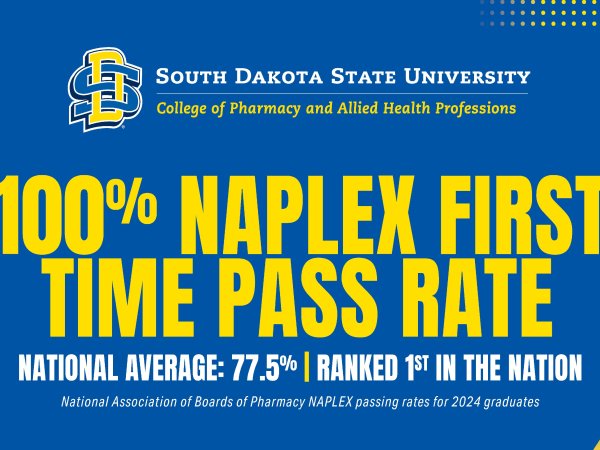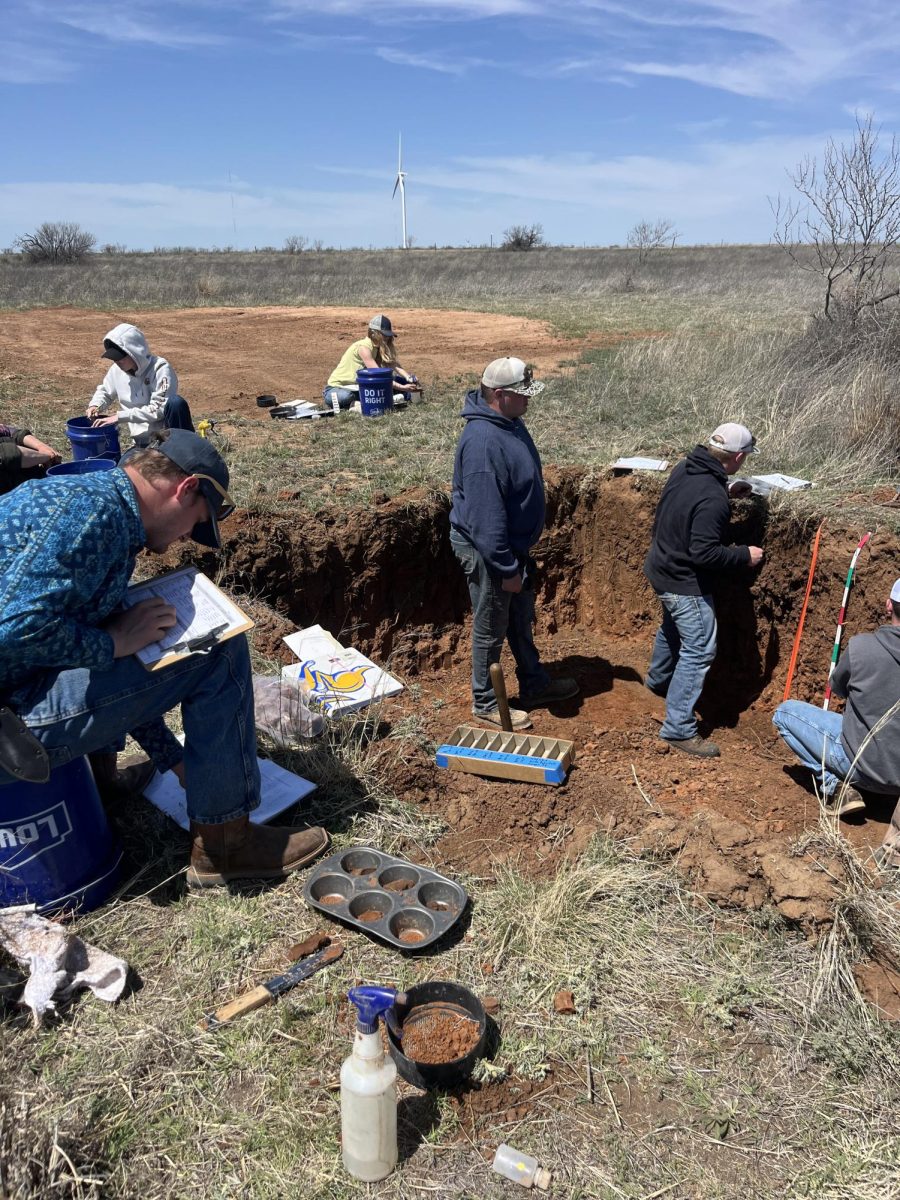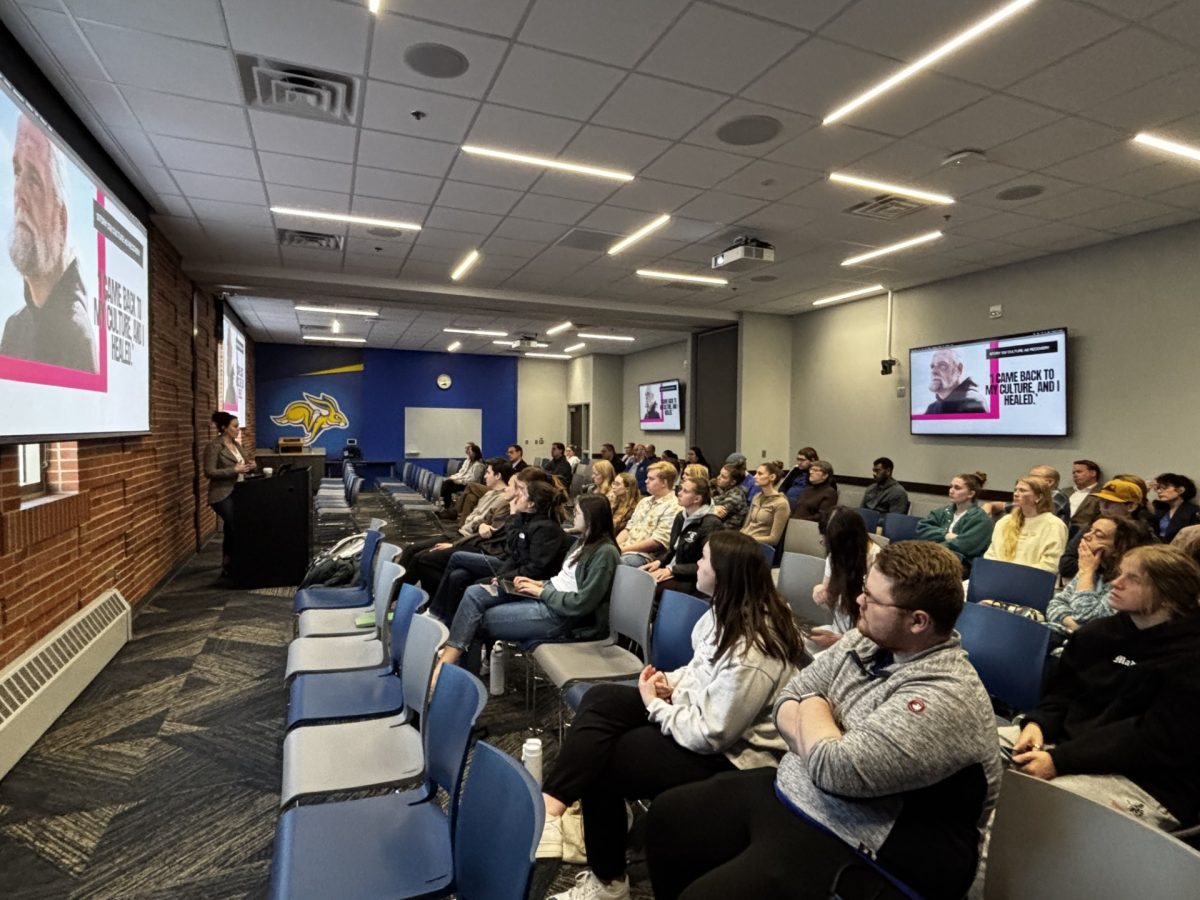PIERRE, S.D. (SDBA) — A South Dakota Senate committee, Wednesday, advanced two measures requiring citizenship for voting, including a proposed constitutional amendment.
The Senate State Affairs Committee voted 5-4 to approve Senate Bill 68, which makes it a felony for non-citizens to vote in state elections.
The committee then voted 8-1 to pass Senate Joint Resolution 503, adding a citizenship requirement to the state constitution. South Dakotans would vote on the constitutional change in 2026 if passed by both chambers.
“Are there illegals voting in our elections? The Secretary of State took off 273 illegal aliens registered on our voter rolls last October,” said bill sponsor Sen. John Carley, R-Rapid City.
The American Civil Liberties Union of South Dakota opposed SB 68 as unnecessary, noting existing federal and state protections against non-citizen voting.
“Only one of the 273 non-citizens had ever cast a ballot in 2016,” said ACLU lobbyist Samantha Chapman, citing state election director Rachel Soulek’s statement.
Several committee members expressed concern about SB 68’s felony penalty.
“I think it’s a little steep. That’s one reason why I could vote no,” said Sen. Arch Beal, R-Sioux Falls.
Carley defended the Class 5 felony classification, saying it matches existing election law penalties for voter impersonation.
Multiple military veterans, including Nicole Braithwaite, a retired Air Force senior master sergeant from Spearfish, testified in support of both measures.
“Let’s honor the sacrifices of all who served by keeping our elections sacred for citizens of this great nation and only for them,” Braithwaite said.
Committee Chair Jim Mehlhaff, R-Pierre, who voted against SB 68, worried its broad language could make felons of people who violated any voter registration rules.
No opponents testified against SJR 503, which, if approved by both chambers, would place the citizenship requirement on the 2024 ballot.
Both measures now head to the full Senate. According to testimony, similar legislation is pending in six other states.






















